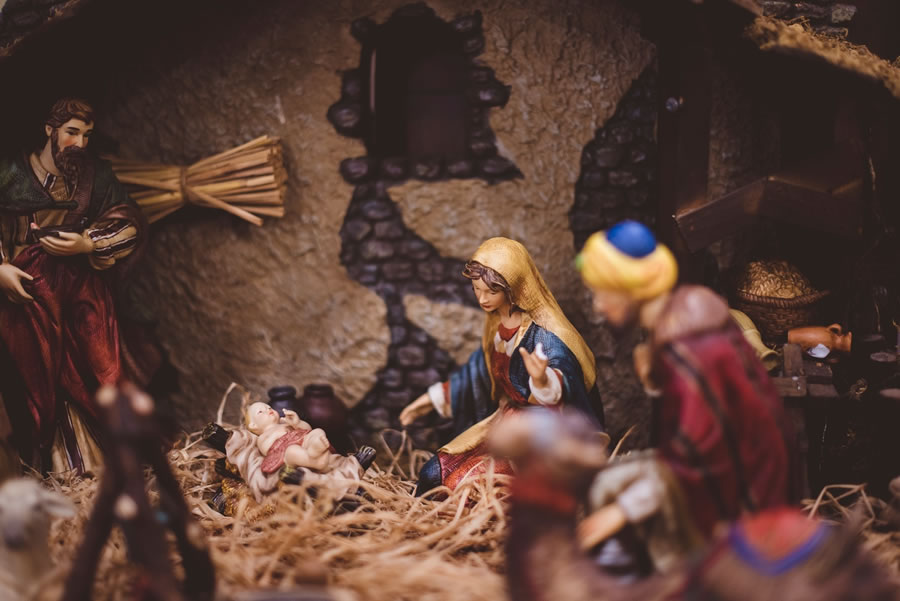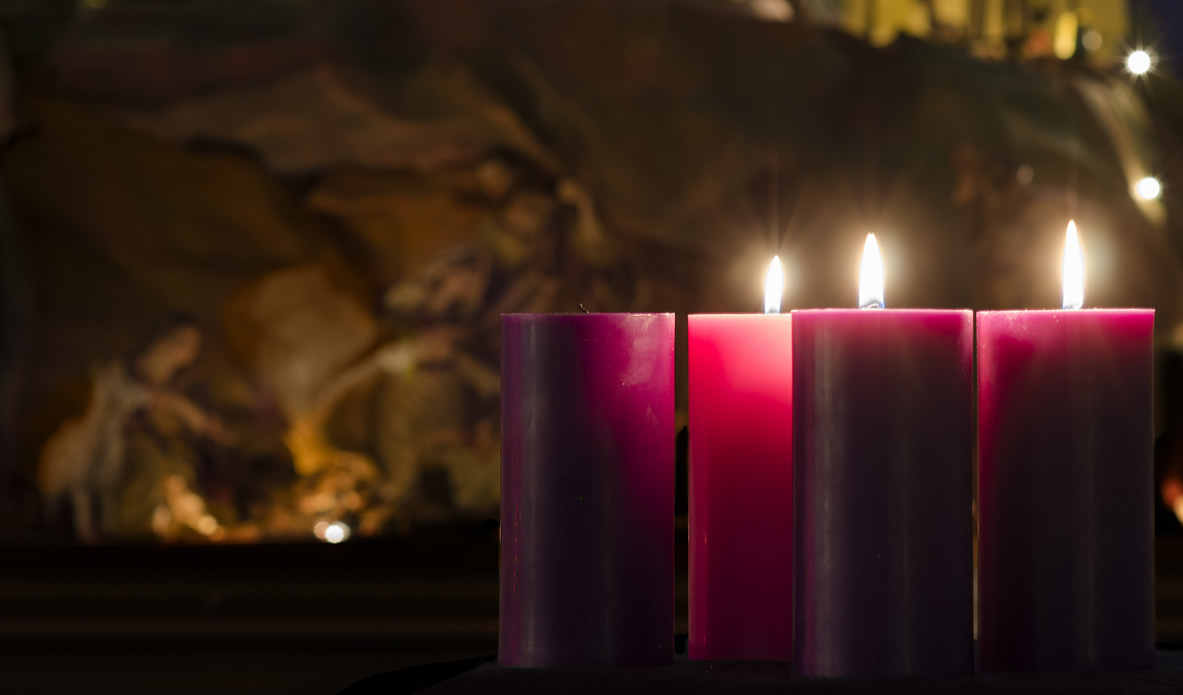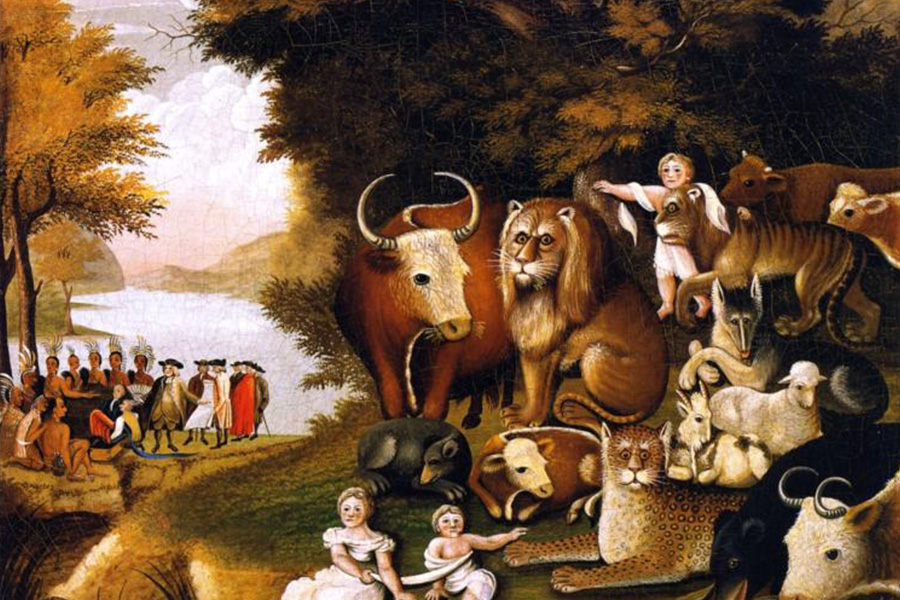
The Nativity of the Lord
12/25/2022 | From Andy ArvayoAmidst the beautiful Christmas readings at today’s Masses is a reading from a small New Testament letter from Saint Paul to his protégé, Titus, read at Midnight Mass. Saint Paul reminds Titus that God has given us a gift in the person of Jesus Christ.
Continue
Keeping Christ in Christmas By Feeding the Littlest Ones
by International Catholic Stewardship Council | 12/18/2022 | From Andy ArvayoThe wonderful joy we feel in December as we await the coming of the Christ child is not so joyful for the millions of children in the United States who will go hungry this Christmas.
Continue
Advent-A Season of Hope
by International Catholic Stewardship Council | 12/11/2022 | From Andy ArvayoAdvent is a time of waiting and expectation; a season of quiet anticipation and preparation. We are waiting for our Lord to come into the world as the baby Jesus, born of the Virgin Mary in Bethlehem. We are also preparing for His return, His second coming as the shepherd-king, to restore harmony and right relationship to all creation.
Continue
A Gospel Reflection
by Fr. George Teodoro, S.J. | 12/04/2022 | From Fr. TeodoroToday’s reading from Isaiah gives us a poetic glimpse of the true meaning of shalom. Shalom, in Hebrew, is not merely peace in the sense of absence of conflict. It is a greeting and a wish – peace be with you.
It is a peace that arises from true reconciliation and cooperation, not just a chilly détente where we agree not to talk about the things that divide us.
ContinueWhy We Do That - December edition
12/01/2022 | Why do we do that?Why does the priest wash his hands before the Eucharistic Prayer?
Like many parts of our liturgical tradition, the washing of hands has its roots in Jewish temple tradition, but also has a practical function. In Jewish custom, the priests would ritually wash themselves before offering sacrifice at the temple as prescribed in the Torah (Ex 30:19). This was to symbolize the need to come before the Lord with pure intent on behalf of the people. This tradition was incorporated into the Christian Eucharistic rite from the earliest centuries.
Over time, however, the washing of hands took on a practical function as well. In the Middle Ages, at the time of the offertory, most people didn’t donate coins. Instead, they gave what they had: eggs, wheat, wool, vegetables, or other products of the land. The priest would receive these gifts on behalf of the Church – but in doing so, would be handling the raw produce. So the washing hands became an essential need before going to handle the sacred species.
Continue